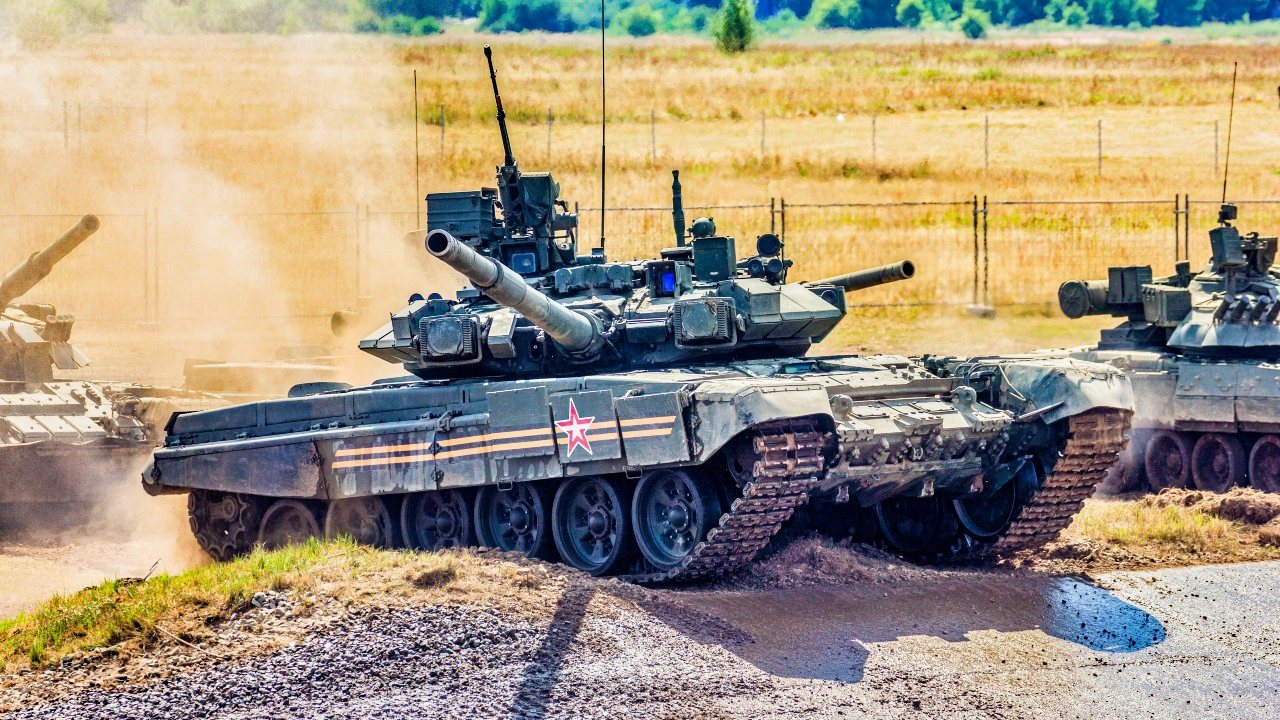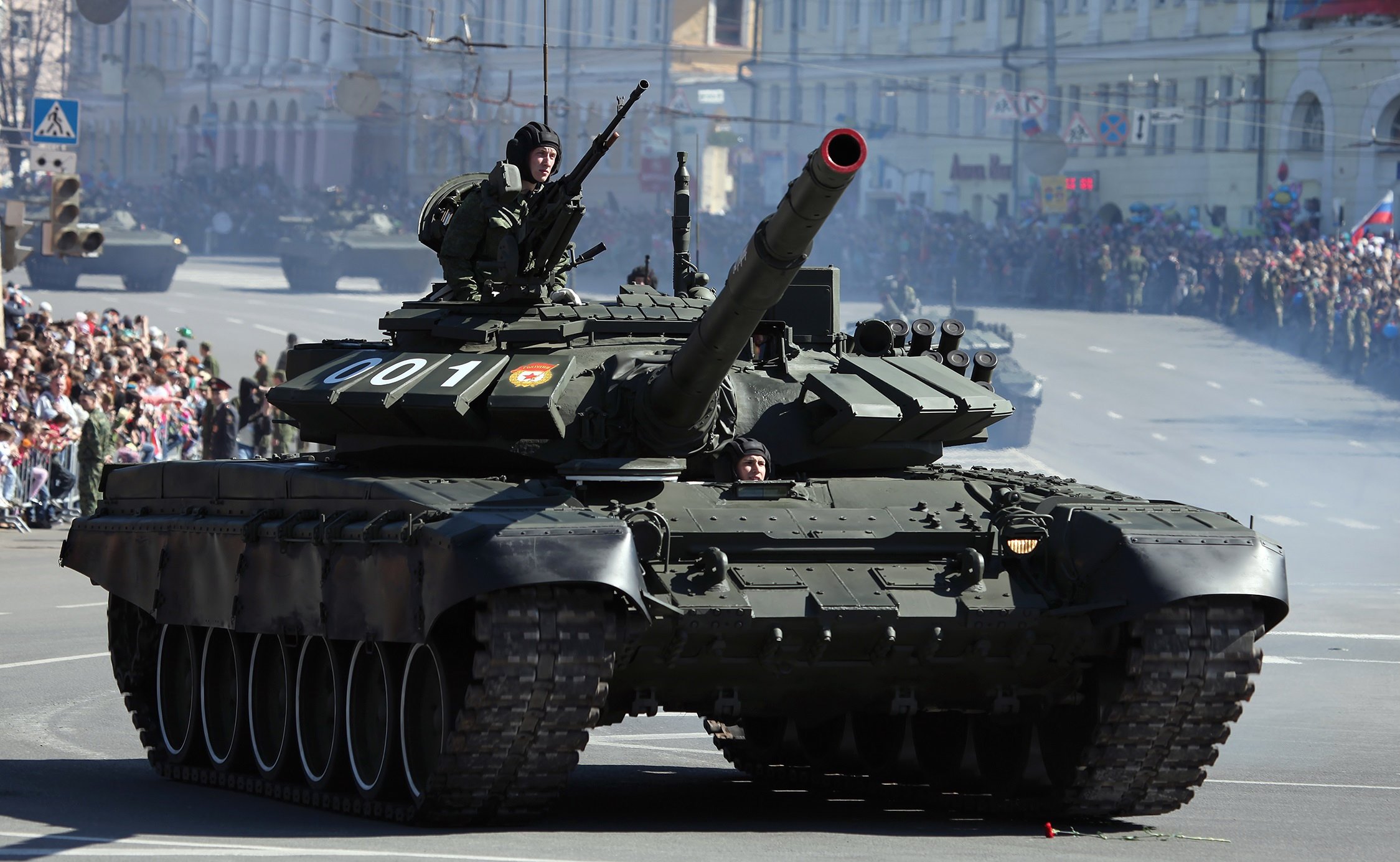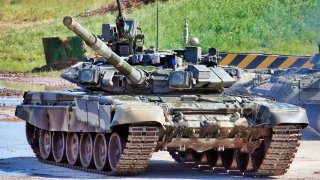Russia Is Using Prisoners to Wage the Ukraine War
The Kremlin has allowed tens of thousands of prisoners, including convicted murderers and rapists, to join Russian forces in the fight. In exchange, they earn their freedom – if they make it out alive.
Summary and Key Points: The Russian government has been using prisoners, including violent offenders, to bolster its forces in Ukraine.

-These convicts are promised freedom in exchange for fighting on the front lines.
-However, this tactic may have severe long-term consequences for Russian society. Concerns are rising among Russian lawmakers about the potential for increased crime and mental health issues among returning ex-prisoners.
Russia's Controversial Use of Prisoners in Ukraine Sparks Long-Term Concerns"
In a practice recalling bygone eras, the Russian government has relied heavily on prisoners and penal battalions to fight its war in Ukraine.
The Kremlin has allowed tens of thousands of prisoners, including convicted murderers and rapists, to join Russian forces in the fight. In exchange, they earn their freedom – if they make it out alive.
Despite any short-term benefits, this move might have serious long-term effects on Russian society.
Prisoner Concerns
“Several Russian Duma deputies have recently expressed concern about the threat posed to law and order by returning ex-prisoners who have been fighting for the Russian Armed Forces in Ukraine,” British Military Intelligence assessed in its latest estimate of the war.
Russian lawmakers are concerned that the ex-convicts will commit further crimes because they have not been socialized, and they likely carry additional mental stress from fighting on the frontlines.
With few exceptions, Russian forces have used convicts pressed into military service as cannon fodder. As such, those few that survive return having seen the greatest horrors of war up close.

“Russia has been recruiting prisoners to serve in its armed forces since at least July 2022, a practice pioneered by the former Head of the Wagner [Group] Russian private military company, Yevgeny Prigozhin,” British Military Intelligence stated.
In exchange for six months of service on the frontlines in Ukraine, prisoners have their sentences commuted and are free to re-enter society.
The practice became popular as Russian casualties in Ukraine increased. Today, it is estimated that the Russian forces have lost close to 550,000 men killed, wounded, or captured.
Some Russian lawmakers argue that the prisoner-soldiers shouldn’t be allowed to return to Russia until the “special military operation” in Ukraine is over and Russia has won.
Independent Russian news outlets have recorded over 200 instances of homicide and serious bodily injury caused by ex-convicts who returned free from the frontlines in Ukraine.
The Wagner Group used tens of thousands of these convicts to break Ukrainian frontlines around the Donbas town of Bakhmut. After months of heavy fighting, Russian forces took the town, but at a ghastly price: It is estimated that Moscow lost approximately 100,000 men killed, wounded, or captured in the months-long battle.
After Wagner was sanctioned following its failed mutiny last year around this time, the Russian military picked up the practice of recruiting prisoners to fight in Ukraine.
Despite the long-term issues that are likely to occur in Russian society due to the returning criminals, Russian President Vladimir Putin and his Kremlin advisers seem okay with the risk, as long as they prevail in Ukraine.
“The recruitment of prisoners into the Russian Armed Forces and the implications for Russian communities when they are released is a practice and a risk that the Russian Government is prepared to take to maintain its war in Ukraine,” British Military Intelligence concluded.
About the Author
Stavros Atlamazoglou is a seasoned defense journalist specializing in special operations and a Hellenic Army veteran (national service with the 575th Marine Battalion and Army HQ). He holds a BA from the Johns Hopkins University and an MA from the Johns Hopkins’ School of Advanced International Studies (SAIS). His work has been featured in Business Insider, Sandboxx, and SOFREP.
All images are Creative Commons or Shutterstock.
From the Vault
Russia Freaked Out: Why the U.S. Navy 'Unretired' the Iowa-Class Battleships
Battleship vs. Battlecruiser: Iowa-Class vs. Russia's Kirov-Class (Who Wins?)


